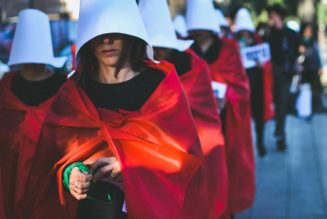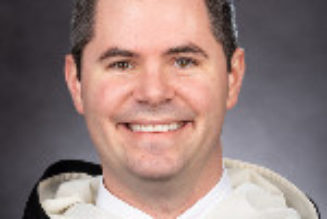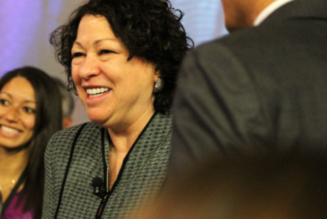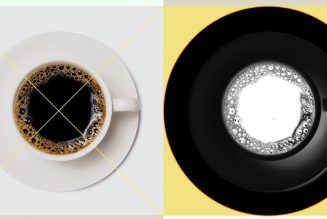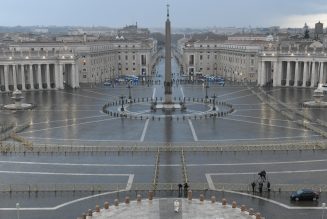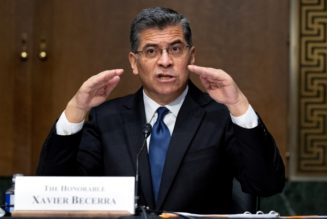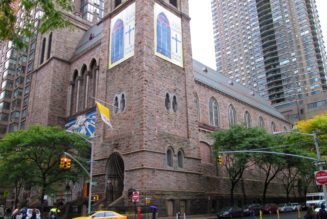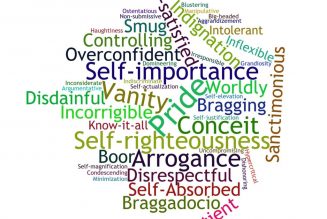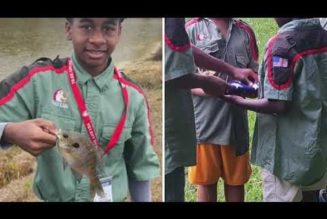Like many who suffered addictions, public policy held avid disregard for his safety. Apparently, he could not take it, sought an escape, and accidently overdosed on the street’s latest dark toxins. I loved my nephew and I am saddened, not only for him, but for all the other young people our public policy has precipitated grave and irreparable harm.
Yes, the mystery of John’s own freedom is involved with this. And for that I can offer no excuse save that a terrible inner pain and anxiety afflicted him since his youth. As he entered his teenage years, drugs seemed to offer some sort of relief and he self-medicated. At the same time, this same anxiety opened up for him the mystery of faith and his parents witnessed to him with a tender and patient love. It is true that during the shelter-in-place, he re-established a connection with them. As a young adult, he opened up about his struggles and they saw the beautiful kindhearted man that was beginning to emerge. Yet the Bay Area is not a merciful place for those who struggle with addictions. He had recently got a job and some money when the police found his corpse at a lonely bus-stop somewhere in Santa Clara.
One of the ways current policy contributed to his death was it took away a safety net, something his humanity needed just as much as breath. That safety net was his community of faith. Truth be told, he assisted his mother in looking in on other members of their church – she brought food and company to those who found shelter-in-place too much, and with silent friendliness, he stood beside her. So, he was not utterly deprived. Still though, and not only for him but for others who suffered as did he, besides these beautiful acts of mercy, he and his family were unable to gather with their faith community to worship together. This took a toll.
Against those who assert that gathering for public worship is a non-essential activity, we see even now in our own society that people perish without it. Embodied spiritual and communal worship – people actually gathered physically in a sacred space – is the very life breath of the soul. Rob a man of this, and you risk robbing him of any reason to live and he either collapses into despair or rises up in rage, most of the time without knowing exactly why. Yet we live in a society that tries to steal away this life-breath all the time. It has always been the case, but it is so even more now: if we want our spirits to breathe, we must fight hard to protect the rightful place of faith in our hearts, homes and communities. Sadly, our public policy did not adequately take into account this important truth – and many have died, though their deaths go largely ignored.
For months we were told that we could not exercise our right to gather to worship — and out of civil obedience we gave up those rites most sacred to hearth and home. Our religious leaders asked us to make this painful sacrifice out of love for our brothers and sisters in our community. Did it even cross our minds for a moment that our failures to gather in prayer might sow seeds that could bear the fruit of social rage or alienated despair? No. We failed to question the honorable experts who made us think that worshipping God was but reckless endangerment. Now I ask myself, was it not even more reckless not to gather with courage and stand before God for the sake of those who most needed His mercy?
This ambiguity over our right to worship remains even now an inconsistent peculiarity in regard to other rights to gather in our brave new world. Though there are riots where people are actually losing life and limb, experts now tell us that these are, unlike public prayer, essential gatherings that should be accommodated. Perhaps this makes sense when they are in fact peaceful and non-violent gatherings. At the same time, mysterious appearance of piles of bricks, physical injuries and murder – perpetrated on bystanders, law enforcement and protesters alike – suggest that this is not always the case.
Even still, unlike religious gatherings where humble petitions are offered God, these demonstrations of social rage serve the public good, or so we are told. Yet for fear that we might endanger others, we dare not pray or if we do, we must do so only under the most stringent (but unproven) measures of social distancing. In these perilous times marked by rage over rights, there is no space for God in the public square and it is a gross imposition to bring Him into any discourse taking place in marketplace of ideas. Thus, the very ground of our dignity, from which alone our rights come, is taken from under our feet and as a civilization, we are falling into a darkness with millstones of discord around our necks.
How do we make space in our lives for the Lord? John had a noble cynicism expressed in a wry knowing smile whenever I shared my faith with him. I should allow this to help me question that which I too readily accept. An amazingly perceptive man, he sensed that something was wrong, not only with his own heart, but the world itself. He could not articulate the lack of authenticity that frustrated him, but this frustration did not overcome the love he bore and tried to live by, even as he patiently listened to me and shared his heart. Wit and humor were his weapons and his gifts. All the same, his mischievous eyes betrayed insight into the inconsistencies of the stories that we tell ourselves and the ironies of a broken world, and he did not really want to go along with the meaninglessness of it all. He believed in the true God who subverts all false conventions and, in their place, offers a deeper meaning and hope.
Once, he invited me to pray over him, and I wanted him to be healed or at least relieved from the inner pain that he bore. In a single moment, suspicion and surrender flashed on his face. He did not want to be taken in but he was open to meeting the One who would take him home. So we prayed and there were tears we shared together.
The drama of politics can distract from the true questions of life, and the questioning glance that John once gave me makes me wonder about my own authenticity and kindness as I indulge in judging my neighbor, even when that neighbor is a politician or expert. While I am not responsible for the rash judgements and self-destructive behavior of a mob, I ought to fear and tremble before the Lord who endures all the self-contradictions that I constantly explain away to myself. We make space for the Lord by facing the truth and renouncing false narratives and social myths that stir up our righteous indignation – who, after all, is truly righteous? Is the social rage that I too readily sanction really for the sake of my neighbor or another kind of drug by which I manage my own inadequacy? As I consider the rage and despair of our times, these are questions that my nephew’s difficult death compels me to ask.
What is it but an attack on the greatness of our piety when we sacrifice our young people as well as the most vulnerable on the altar of the latest social experiment? There is no room for real religion here for the reality of God is too subversive to such a project. To secure a therapeutic utopia, only emotive vague religious sentiment managed before the glow of a computer monitor is tolerated. Perhaps, small sterile gatherings as well, but only if these assist in making us compliant cogs in the machinery of social progress. We dare not question this diminution of the role of religion – for we should be shamed into silence – not for what we have done, but for who we are. Yet, our young people and the vulnerable pay the price when we allow the promotion of any public policy that robs us of piety – that holy devotion to God and family that, when rooted in truth and true love, makes life worth living.
It is with holy devotion that we gathered as a family for John. His mother discerned God’s mysterious plans and, believing in his mercy, commended her son to God, thankful that in the final months of his short life they had shared such a beautiful time together, even in the midst of difficult hardship. Indeed, I believe in Jesus Christ because He alone safeguards those most deep down things that makes worthwhile this brief time we have to share one with the other. I believe that He never abandoned my nephew even as my nephew struggled to be faithful to him.
Only Christ’s Blood can save the truth about the human heart – and that truth is this: we are made for love and only when we truly fall in love do we finally begin to live. Faith in Christ is all about the redemption of this love and life for humanity. We need the freedom, physical space and fellowship that this faith demands – or the light of true love and life will be withheld from a whole generation in their darkest hour. Would that those who are struggling in darkness even now might have this light – for though the Light shines in the darkness and the darkness cannot overcome it, we must never hide our lamps under a bushel basket when the world needs a city shining on a hill. I write this to religious leaders who must needs make their voices and concerns heard in the public square and must stop trying to placate bureaucrats who know nothing of the needs of the human heart. The World needs the Blood of Jesus – because the world needs the truth that only that Blood can give.
Only when we find the truth do we at last as free men and women find ground strong enough to bear the weight of our existence. Love and Truth make life worth living – And Christ, who is the Life Himself, sacrificed everything that we might have life and have it to the full. John and I shared this sacrifice in a mutual glance and we prayed together – and somewhere deep in his heart he glimpsed Him who alone is our hope. And our hope does not disappoint. I hope this memory might have consoled him in his final moments and even more, I hope at that lonely bus stop, the love of Christ that his parents shared with him might have baptized him with new life even as he breathed his last.
It is worth fighting for and sacrificing everything so that we might share anew this faith with those others who like John were sent to us for such a brief time. And so I leave behind the latest project of social nihilism to the honorable experts that blare on radios and TVs— my heart rests with the lifeless ashes of my nephew, and goes to his parents, and his brothers and sister, and my prayer is for those such as these who most need God now.

